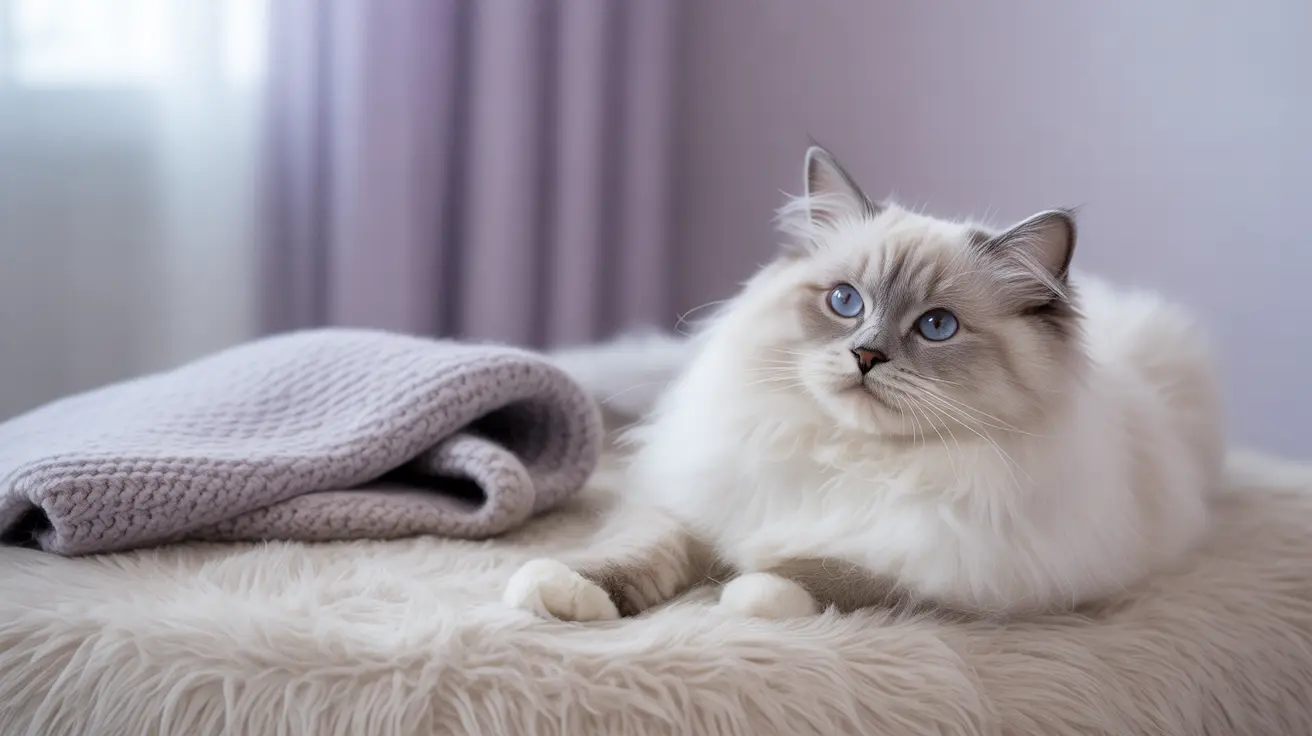Post-Surgery Recovery Period
The first few days after spaying are crucial for your cat's recovery. During this time, you may notice your cat displaying:
- Temporary lethargy and decreased activity levels
- Reduced appetite
- Occasional irritability due to discomfort
- Changes in sleep patterns
- Reluctance to move or jump
These behaviors typically resolve within 7-10 days as your cat heals from the surgery. Providing a quiet, comfortable recovery space can help ease this transition period.
Changes in Heat-Related Behaviors
One of the most noticeable changes after spaying is the elimination of heat cycle behaviors. Your cat will no longer:
- Vocalize loudly at night (yowling)
- Mark territory with urine
- Display restless pacing
- Attempt to escape in search of mates
- Show excessive affection-seeking behavior
This transformation typically occurs within a few weeks as hormone levels normalize after surgery.
Long-Term Personality Changes
While your cat's core personality remains intact, you may observe several positive changes in their overall demeanor:
- Increased calmness and contentment
- More consistent mood patterns
- Reduced anxiety and stress
- Better focus on human interaction
- Improved relationship with other household pets
Activity and Energy Levels
Many cat owners notice shifts in their pet's activity patterns after spaying:
- More balanced energy levels throughout the day
- Less frantic or hormone-driven behavior
- Maintained playfulness, but with more focus
- Greater interest in indoor activities and toys
- More predictable sleep-wake cycles
Health Benefits and Behavioral Advantages
Beyond behavioral changes, spaying offers numerous health and lifestyle benefits:
- Eliminated risk of unwanted pregnancies
- Reduced risk of certain cancers
- Lower likelihood of urinary marking
- Decreased roaming tendencies
- Enhanced overall contentment
Frequently Asked Questions
How does spaying affect a female cat's behavior and personality?
Spaying typically results in calmer, more balanced behavior while maintaining your cat's core personality traits. The most significant changes include the elimination of heat-related behaviors and reduced aggression.
What short-term changes should I expect in my cat after spaying surgery?
Immediately after surgery, expect temporary lethargy, decreased appetite, and possible irritability. These effects usually resolve within 7-10 days as your cat heals.
Why do female cats stop yowling and roaming after being spayed?
These behaviors stop because spaying removes the ovaries and uterus, eliminating the hormones that trigger mating-related behaviors like yowling and roaming.
Can spayed female cats still show heat-like behaviors, and what does that mean?
While rare, some cats may display heat-like behaviors after spaying due to ovarian remnant syndrome, where small pieces of ovarian tissue remain. This requires veterinary attention if observed.
How can I help my female cat recover safely and comfortably after spaying?
Provide a quiet, comfortable recovery space, follow all post-operative care instructions, monitor the surgical site, and ensure your cat wears an e-collar if prescribed by your veterinarian.
Conclusion
Understanding female cat behavior after spaying helps ensure a smooth transition for both you and your pet. While some changes are immediate and others develop over time, most cats adjust well to life after spaying, becoming calmer and more content companions. Remember to provide patience, support, and proper care during the recovery period, and consult your veterinarian if you notice any concerning behavioral changes.






